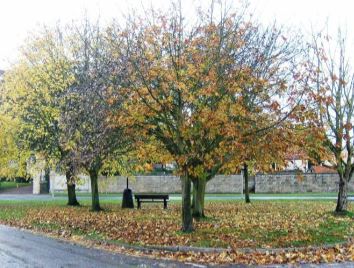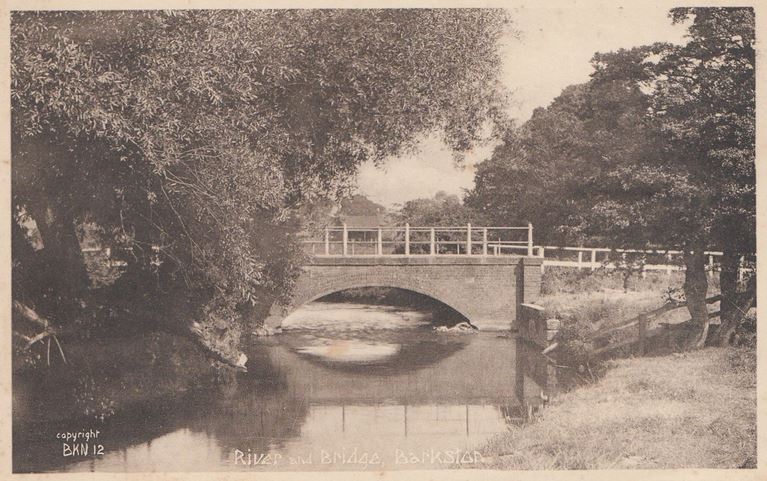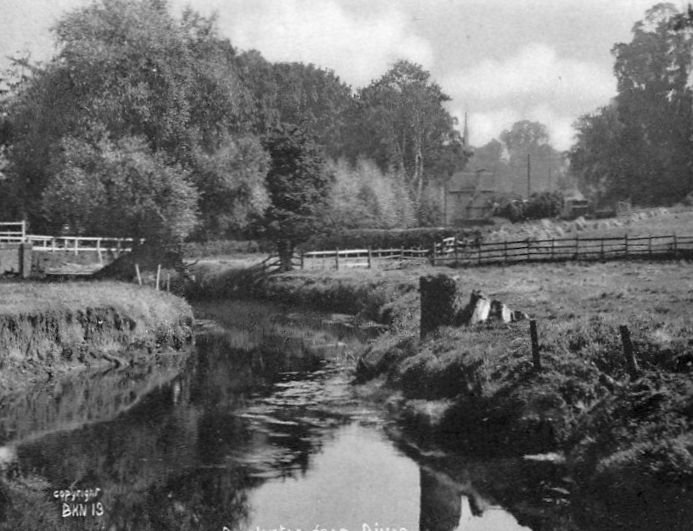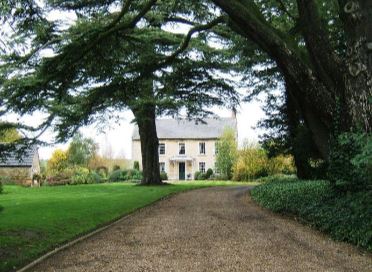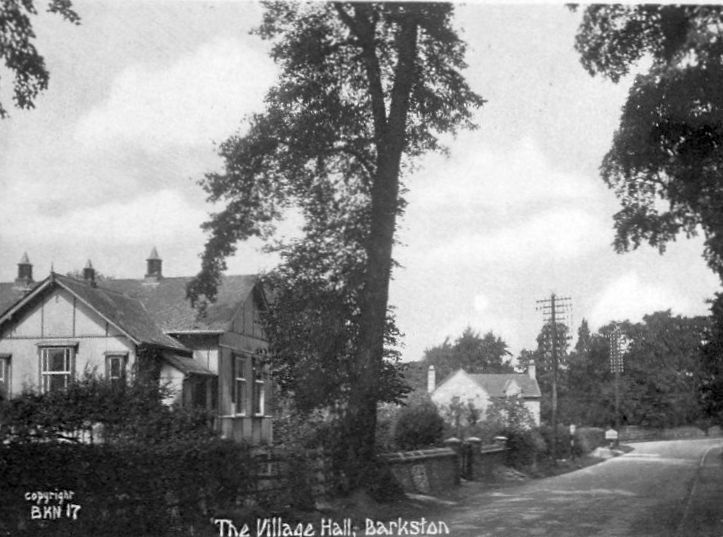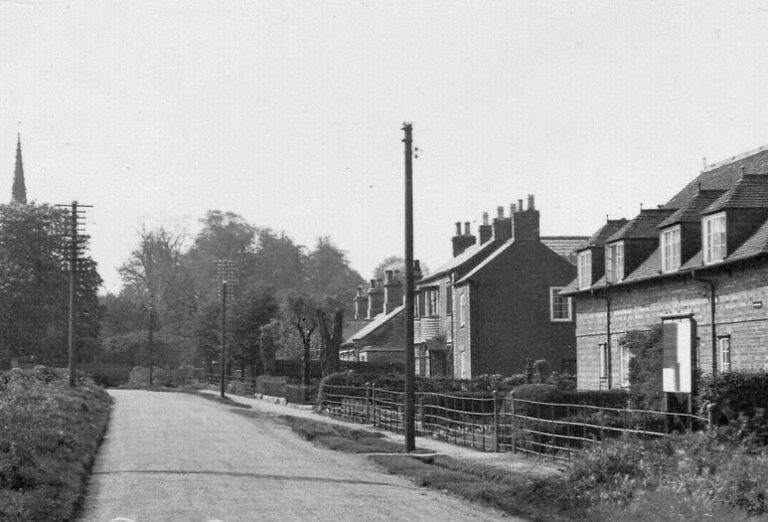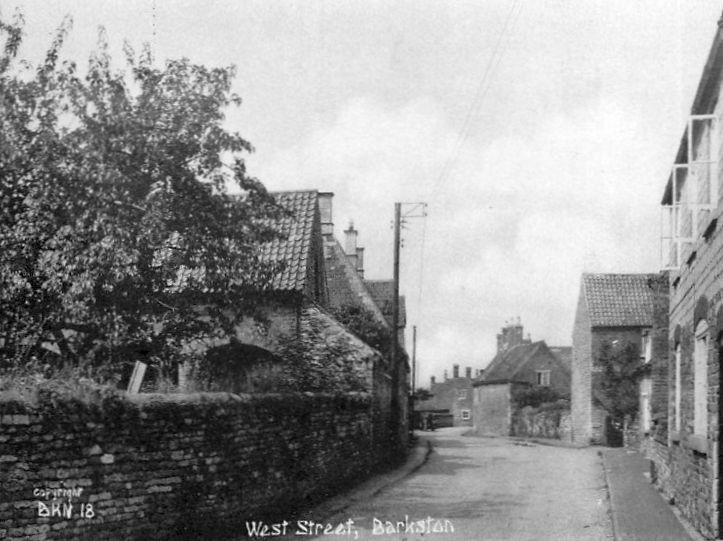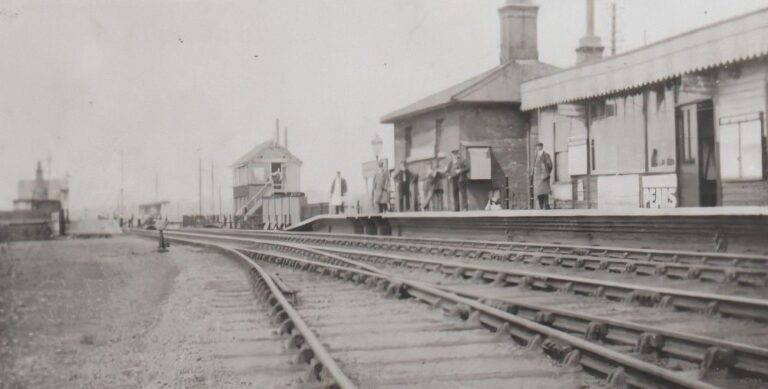Local Links
Barkston & Syston Parish Council
Barkson & Syston Primary School
The Stag
Petrol Station / Londis
Church (South Cliff Villages)
Post box last collection Mon-Fri 1645 / Sat 0900
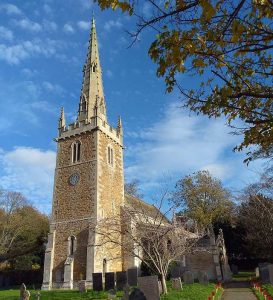
Local History
1870 description: BARKSTONE, a parish in the district of Newark and county of Lincoln; near the Great Northern railway, 4 miles NNE of Grantham. It has a post office under Grant ham, and a r. station. Acres, 2,083. Real property, £3,539. Pop., 540. Houses, 114. The property is divided among a few. The living is a rectory in the diocese of Lincoln. Value, £600.* Patron, the Bishop of Lincoln. The church is handsome. An endowed school has £17, and other charities £69.
Short history of Barkston School
1936 Railway Crash Report: Page 1 / Page 2
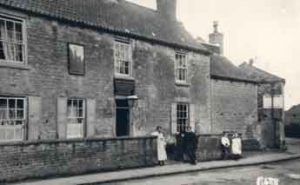
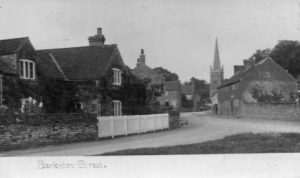
Air crash at Barkston 22nd March 1941
Blenheim IV ‘WV-M’ (T2038) of 18 Sqn departed RAF Boscombe Down, Wiltshire just before midnight on 22 Mar 1941. The crew were New Zealanders and their target was Lorient in occupied France. On their return they crashed at Barkston, North of Grantham and all 3 of the crew were killed.

Barkston War Memorial
First World War
Thomas W. Armstrong
James W. Blackbourn
Arthur E. Bradford
Joseph Dolby
Ernest Drury
Elijah Embling
George Fovargue
Alfred H. Higgins
Bernard Watson
J. Charles Watson
Second World War
In Churchyard
E. C. Tinkler
J A Jones
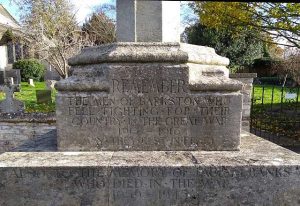
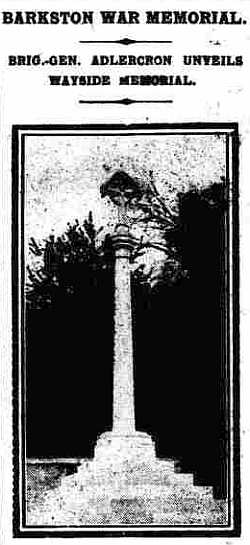
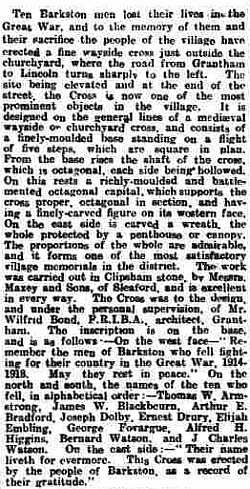
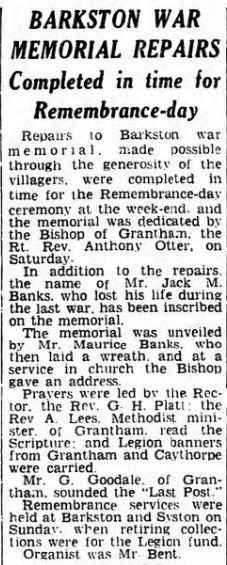
In 1917 a Roll of Honour was placed in the schoolroom at Barkston. The War Memorial was unveiled on Sunday 22nd May 1921 by the Rev E. M. Charles. The memorial was repaired in 1954. In 2014, to coincide with the centenary of the war’s outbreak, the memorial was cleaned and repointed.
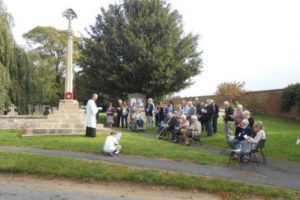
A Short History of the School (taken from an old version of the school website)
The earliest records of education in the parishes of Barkston and Syston go back to the year 1718. In that year Mrs Selina Towers provided an endowment of £27 per annum for schooling and apprenticing poor children in Barkston, and the Dame Margaret Thorold Charity made an endowment of £5 per annum for books and teaching for the children of Syston.
The Barkston school and Master’s house were rebuilt in 1835 on land donated by Mrs Houblon Newton, money for the work being raised by subscription. The Syston school and school house were built around 1830 by the Dame Margaret Thorold Charity.
The schools continued separately as CE (Aided) schools until, in 1959, consideration was given to joining them in accordance with the Kesteven Council’s Education Plan. After lengthy discussions with the Department of Education and Science and all authorities concerned it was decided that a “Three class sixty” school should be provided as an extension to the existing Barkston School . The new joint school opened in April 1969.
The Diocesan contribution to this scheme was provided in part from Section 86 monies arising from the sale of Cranwell School and in the main by the Dame Margaret Thorold Charity which took up a loan backed by the proceeds of the sale of Syston school and house.
In recent years the children from Aisby, Belton, Brandon, Culverthorpe, Gelston, Heydour, Honington, Hough on the Hill, Oasby and Welby have been admitted to Barkston and Syston CE School.
The parents of the children attending the school in the Spring Term of 1993 voted to seek self governing status. The governors were successful with their proposals and the school was incorporated as Grant Maintained on 1st September 1994.
Following the abolition of Grant Maintained Schools, the governors decided that the school should revert to its Aided status with effect from 1st September 1999.
